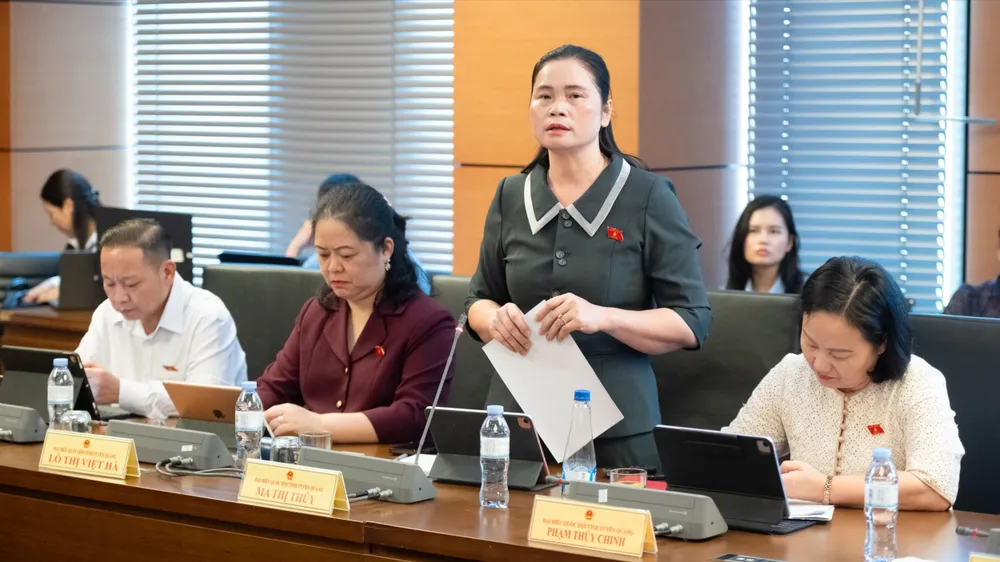
Legal synchronization, strong decentralization
Speaking at the group, Deputy Phan Thai Binh (Da Nang) highly appreciated the progress in institution building in recent times, but said that the requirements in the coming period will be more difficult, requiring the National Assembly and the Government of the next term to continue to perfect the legal system in a synchronous manner, not allowing "gaps" between laws to make it difficult for businesses to access investment procedures.
The delegate also proposed to promote decentralization and real delegation of power to localities, especially in finance and human resources. If only decentralization and delegation of power in tasks without resources and human resources, it will not be effective.
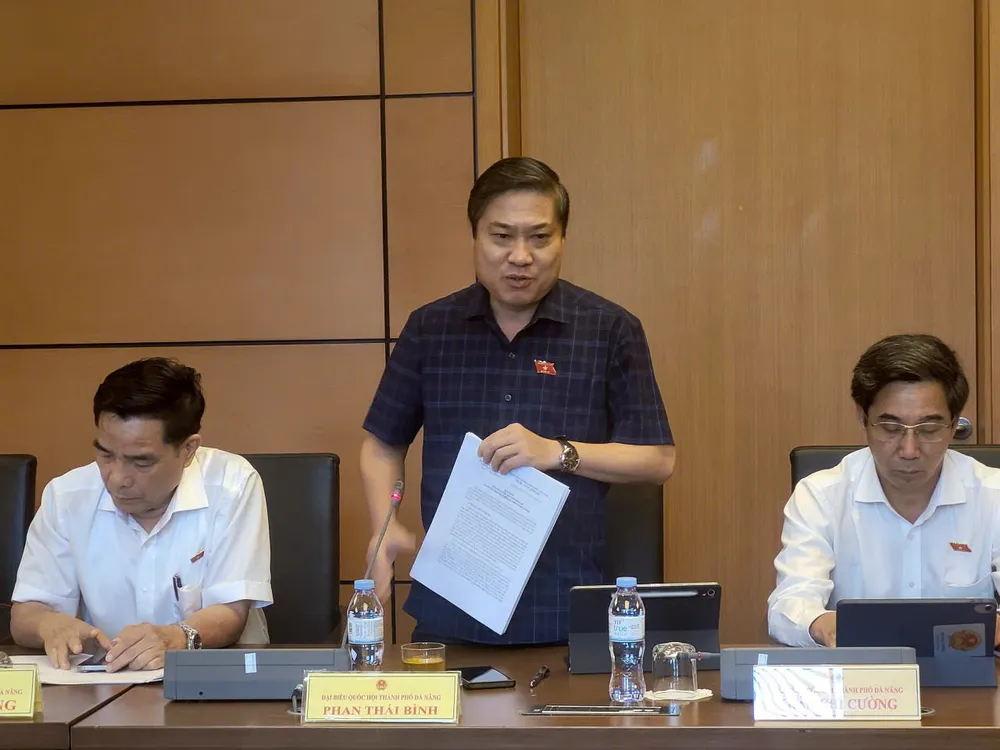
Vice Chairman of the National Assembly Nguyen Duc Hai commented that the legislative activities at the end of the term showed a strong shift in thinking and law-making methods. The Law on Promulgation of Legal Documents amended in 2025 will contribute to creating a professional foundation, ensuring more timeliness, efficiency and feasibility in management and administration. The law needs to focus on stipulating principles, so that the instructions and details will be assigned to the Government and ministries for implementation, thereby increasing practicality and policy response. Along with that is the mindset of promoting decentralization, strong delegation of power, increasing the initiative and responsibility of localities and leaders.
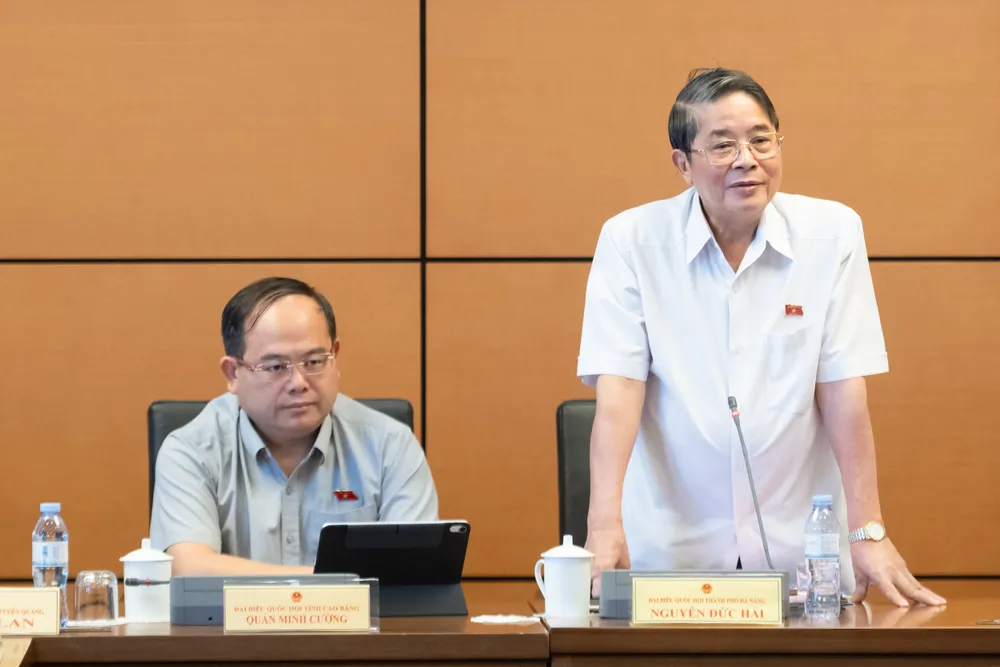
According to the Vice Chairman of the National Assembly, this is also the time to deeply review and summarize what has been done and what has not been done, thereby drawing lessons and preparing for the next term with a stronger spirit of innovation, meeting the development requirements of the country in the new period. For example, the preparation of investment procedures for projects needs to be improved, sufficient resources allocated, ensuring that projects must be implemented quickly; absolutely not allowing the situation of having money but not being able to spend it.
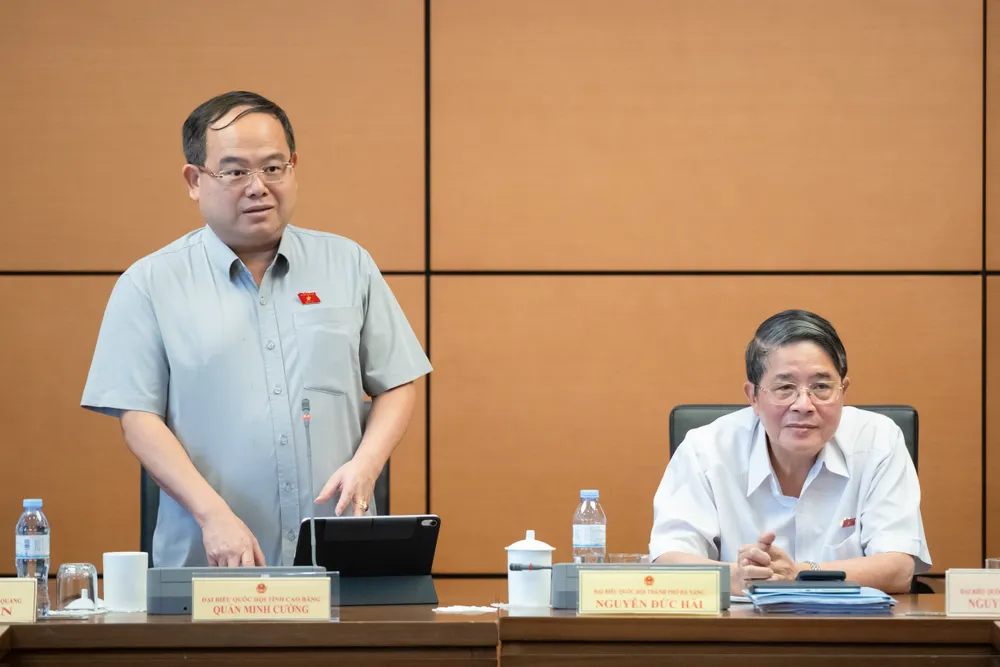
According to Deputy Quan Minh Cuong (Cao Bang), this is a special term of the 15th National Assembly with a huge amount of work, including legislative work and decisions on important national issues. The Deputy also emphasized the need to respond flexibly to changes in practice.
According to the delegate, the past term was a special one as we had to continuously respond to many major challenges such as the Covid-19 pandemic, US tariff policies, the arrangement of provincial administrative units, and the implementation of a two-level local government model. These are all big and complicated tasks, but we have responded flexibly. That is a valuable lesson for leadership and management in the coming term.
Need to continue focusing on investment in transport infrastructure
From the results of this term, many delegates also proposed that in the next term, it is necessary to continue to focus on investing in transport infrastructure, including infrastructure in disadvantaged areas. At the same time, it is necessary to prioritize solving people's problems such as flooding in large cities, traffic congestion, disaster prevention infrastructure, building social housing... to meet people's expectations.
Deputy Tran Thi Nhi Ha (Hanoi), Vice Chairwoman of the People's Aspirations and Supervision Committee of the 15th National Assembly, said that in the past term, the fields of social security, health, education, culture and society achieved many outstanding results, creating great trust among the people in the leadership and direction of the Party, State and Government.
However, through the committee's work of monitoring voters' opinions and recommendations, it shows that areas such as health, education, information - communication, culture - society receive many reflections, equivalent to "hot" issues such as land and urban areas. "These are areas that people still have many concerns about, requiring more frequent and closer supervision by the authorities," said Deputy Tran Thi Nhi Ha.
Deputy Nguyen Huu Chinh (Hanoi) said that according to statistics, every year there are still cases of wrongful compensation. Specifically, last year, the Court accepted 8 compensation requests, resolved and paid more than 14.6 billion VND to 11 cases. "Although the number of cases is not large, it is still necessary to carefully consider the objective or subjective causes to find a solution," the Deputy suggested.
Source: https://www.sggp.org.vn/uu-tien-giai-quyet-cac-van-de-dan-sinh-hoan-thien-the-che-dong-bo-post819225.html






![[Photo] Explore the US Navy's USS Robert Smalls warship](/_next/image?url=https%3A%2F%2Fvphoto.vietnam.vn%2Fthumb%2F1200x675%2Fvietnam%2Fresource%2FIMAGE%2F2025%2F12%2F10%2F1765341533272_11212121-8303-jpg.webp&w=3840&q=75)

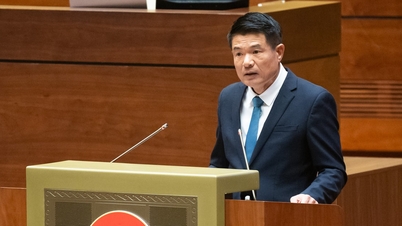

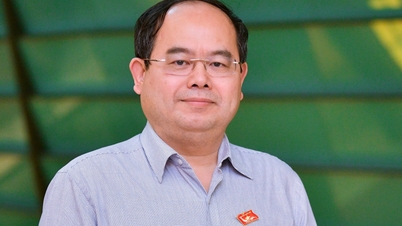

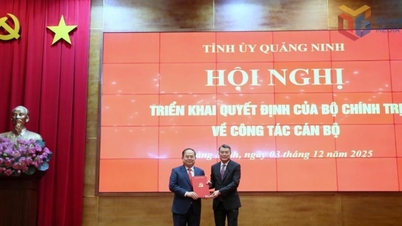


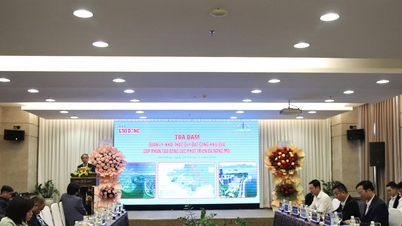
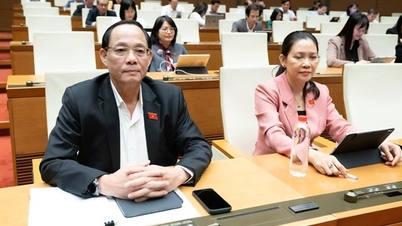






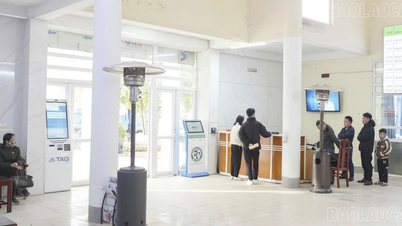

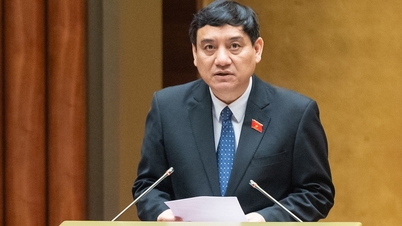






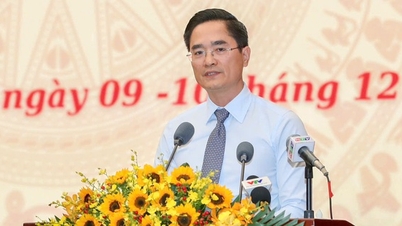


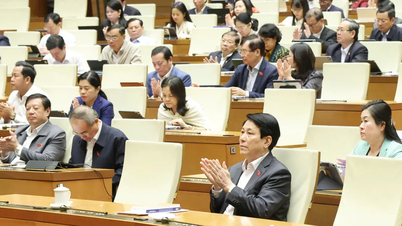



![[Video] The craft of making Dong Ho folk paintings has been inscribed by UNESCO on the List of Crafts in Need of Urgent Safeguarding.](https://vphoto.vietnam.vn/thumb/402x226/vietnam/resource/IMAGE/2025/12/10/1765350246533_tranh-dong-ho-734-jpg.webp)







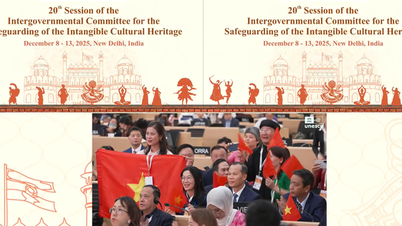

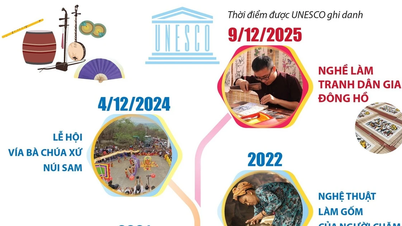






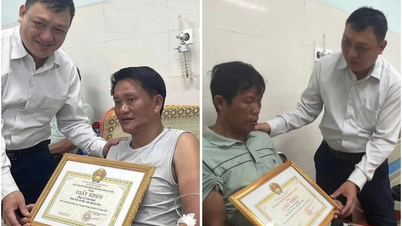

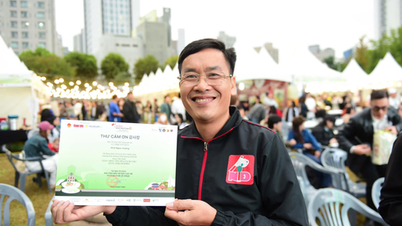
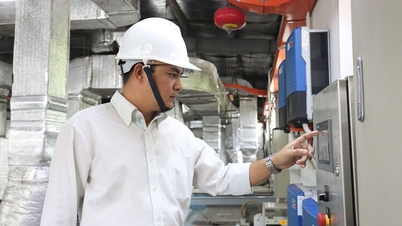

























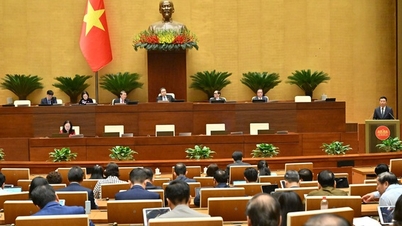

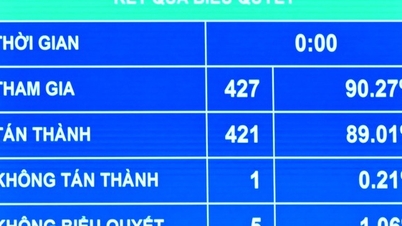
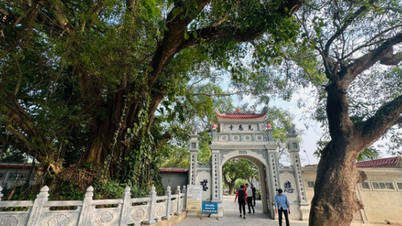
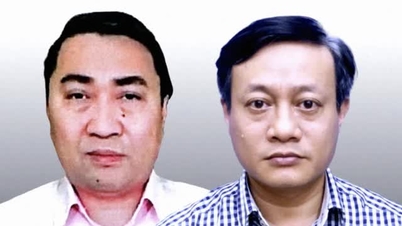








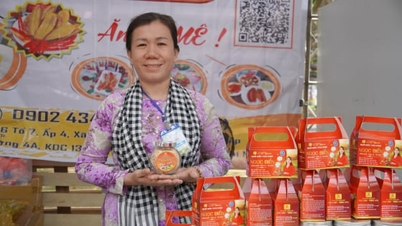
















Comment (0)